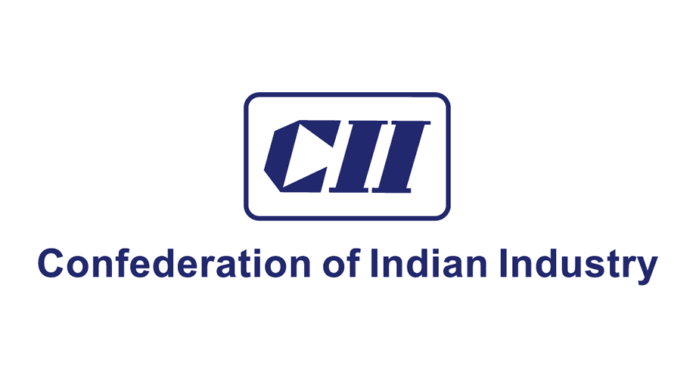New Delhi (NVI): India’s economy is expected to rebound in 2020 on the back of measures taken by the government and the RBI, coupled with easing of global trade tensions, business chamber Confederation of Indian Industry (CII) has said.
CII President Vikram Kirloskar said the results of the government measures are fast percolating through and becoming increasingly evident on the ground.
“Nascent signs of recovery are noted in the form of improved PMIs of manufacturing and services, jump in passenger air traffic, sharp moderation in the decline in sales of passenger carsamong others,” he said.
“Though we may continue to see a subdued GDP print in the third quarter as well, but the quarters thereafter are likely to see a rebound,” he added.
CII feels that with the sharp moderation in growth, the time has come to adopt an expansionary fiscal policy.
CII President-designate Uday Kotak said, “just like our medium-term inflation target range, we can have a Flexible Fiscal Policy target which will set a central target for the fiscal deficit with a range of around 0.5% to 0.75%.”
“The additional availability of funds may be spent on key infrastructure projects which can be implemented quickly. This is likely to have a significant multiplier effect on the economy,” he added.
According to the CII, the initial difficulties associated with the measures of GST and the IBC are getting gradually ironed out and the industry is hopeful that this will result in the accrual of substantial benefits for the economy.
“The year 2019 will be remembered as one where the systemic clean-up of the financial sector picked up pace, which might have resulted in short-term pain for the economy,” it said.
“However, this tidying up will have extensive positive ramifications for the economy in the short to medium term,” CII added.
Meanwhile, Kiloskar said all these factors will have a significant bearing on growth in the next fiscal.
“Add to this, the easing of global trade tensions along with lagged impact of monetary easing coupled with improved transmission, and we are in for a gradual recovery getting firmly entrenched by the next fiscal,” he added.
CII has actively partnered with the government by providing constructive recommendations from the industry to kick-start growth in the year gone by.
“We will continue to engage with the relevant stakeholders in order to make sure that our economic growth moves to a higher trajectory,” CII said in a statement.
A critical issue that industry has highlighted in the past year is that of pending payments from government departments and CPSEs.
All outstanding payments need to be released at the earliest to vendors in the private sector. This would boost liquidity in the hands of the private sector which would reduce the need to borrow for meeting working capital requirements.
CII has also suggested the creation of an e-portal where invoices can be uploaded, and delayed payments can be tracked.
In addition, arbitration awards and cases under tax litigation need to be settled quickly and government receivables should not be treated as NPAs.






